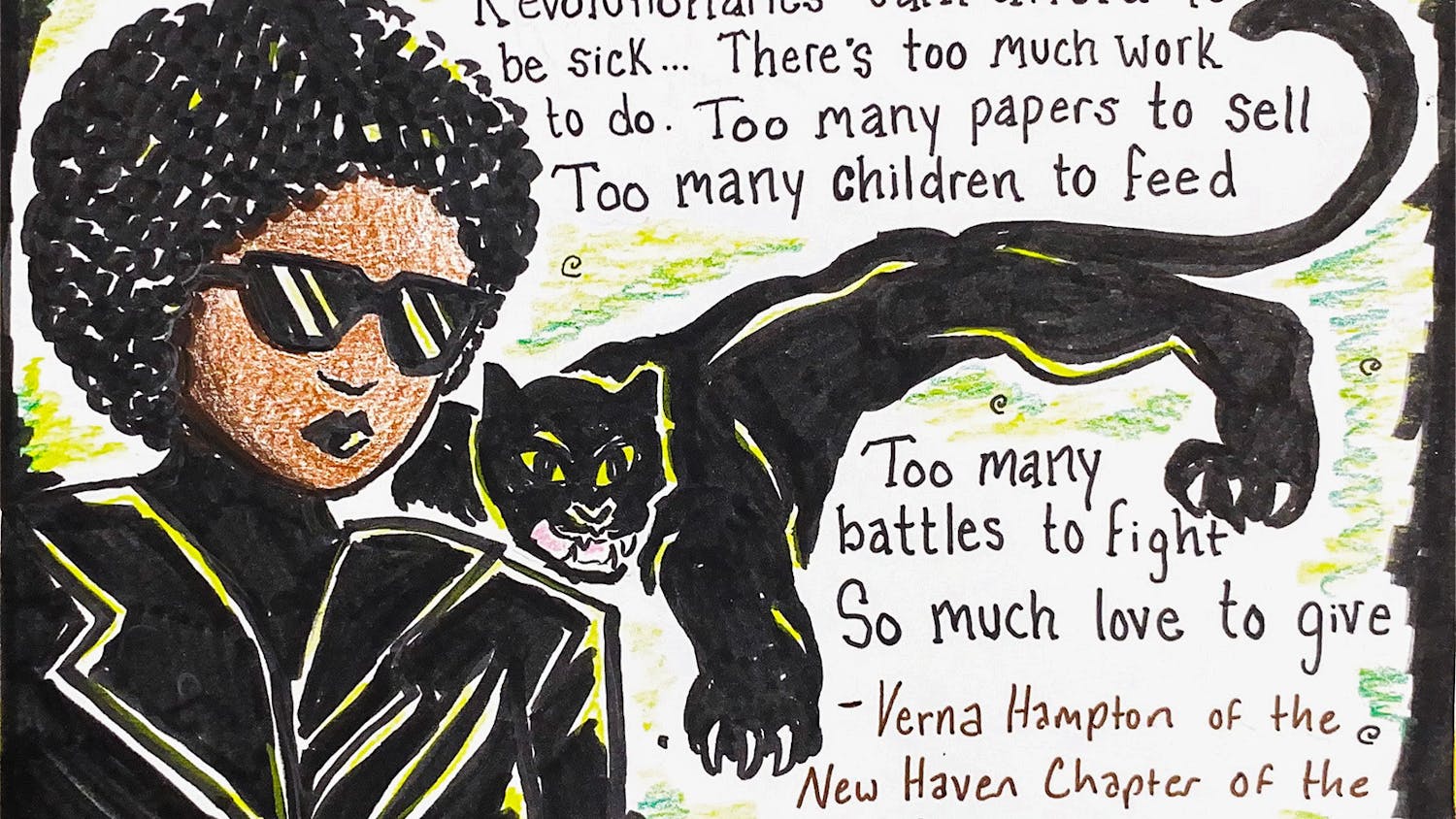“Surgery is the new sex,” says Kristen Stewart in the trailer for legendary body horror maestro David Crononberg’s latest film, “Crimes of the Future.” This line could easily be shoehorned into a number of Cronenberg’s films given his obsession with the intersection of technology and human desire. This doesn’t mean “Crimes” is simply a rehashing of old ideas, though — more accurately, the film sees Cronenberg doing what he does best surrounded by a cast and crew doing what they do best, too.
In a perfect world, this film would have been released in late 2006 with Ralph Fiennes occupying the lead role coming off his first Cronenberg collaboration: 2002’s “Spider.” What we have, though, is a film that is arguably more timely with its underlying themes of human evolution and the necessity to change, one that serves as a sort of return to form for Cronenberg after a pair of less-than-stellar Robert Pattinson collabs.
The film follows Cronenberg-regular Viggo Mortensen as Saul Tenser, a man whose body continuously produces new organs with seemingly no function. The organs are used by Tenser for performance art with business and lowkey romantic partner Caprice, a sumptuous Léa Seydoux, who surgically removes said organs in the name of art. What Caprice doesn’t know, though, is Tenser is actually working undercover for an evolutionary crime division known as New Vice, headed up by a mysterious detective played by Welket Bungué.
Mortensen and Seydoux play brilliantly off each other, with Mortensen putting in some serious heavy lifting to bring Tenser’s mannerisms and painful existence to life. Seydoux takes her time building up Caprice, culminating in an emotional and tense final monologue from her character during the film’s climax. The monologue represents the ultimate culmination of the conflicts Seydoux’s character has faced thus far and serves as a dramatic turning point not only for her but for Tenser as well.
Tenser’s mission for New Vice isto infiltrate a group of radical evolutionists lead by offbeat and mysterious Lang Dotrice, played by Scott Speedman. Dotrice’s group stands at odds with the art of Tenser and Caprice, opting to keep the new organs their bodies produce. The evolutionists perform complex surgery to ensure the organs do serve a function — the digestion of synthetic materials, namely plastic.
Speedman is fine as the film’s pseudo-antagonist, heavily evoking Elias Koteas’ chaotic and nearly unhinged performance as Vaughan from Cronenberg’s 1996 feature “Crash.” Luckily, Speedman, like every other actor in this film, gives himself entirely to Cronenberg’s singular vision for humanity’s desolate and despartic future, allowing each weird and outlandish element feel entirely grounded and necessary.
And it’s Cronenberg’s singular direction and vision that allows this film to become what it is. Perhaps he isn't breaking new ground within his filmography, but he’s still willing to approach difficult topics with such style and artfulness that it’s hard not to be taken away by the mood he creates; you must completely and entirely submit yourself to the film, that submission also serving as one of the film’s main themes.
Of course, Cronenberg doesn’t do this alone, taking a helping hand in cinematographer Douglas Koch and frequent Cronenberg collaborators Carol Spier on production design and Howard Shore scoring. These three help “Crimes of the Future” construct its own sublty post-apocalyptic world that certainly leaves you with more questions than answers. Koch’s cinematography and Shore’s score are especially outstanding.
As with any Cronenberg film, “Crimes” is sure to spark many a debate between those who watch it regarding the film’s messaging, subject matter and approach. In today’s cinematic landscape, though, “Crimes” remains remarkably fresh and hopefully suggests Cronenberg won’t slow down anytime soon, even if this film suggests he doesn’t have high hopes for the future.
John Scott is the editor-in-chief at the Daily Lobo. He can be contacted at editorinchief@dailylobo.com or on Twitter @JScott050901
Get content from The Daily Lobo delivered to your inbox






